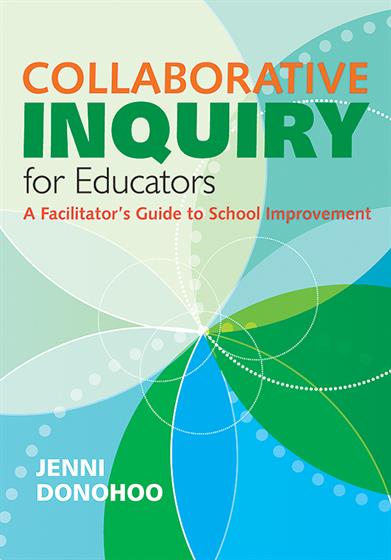Hands-on, Practical Guidance for Educators
From math,
literacy, equity, multilingual learners, and SEL, to assessment, school counseling,
and education leadership, our books are research-based and authored by experts
on topics most relevant to what educators are facing today.

Collaborative Inquiry for Educators
Move teams toward impactful collaborative work, improved instruction, and increased student achievement using this guide’s scaffolded, step-by-step activities and real-world examples.
- Grade Level: PreK-12
- ISBN: 9781452274416
- Published By: Corwin
- Year: 2013
- Page Count: 144
- Publication date: May 02, 2013
Review Copies
Other Titles in: Professional Learning Communities | Teacher Leadership | Data-Driven Decision Making


